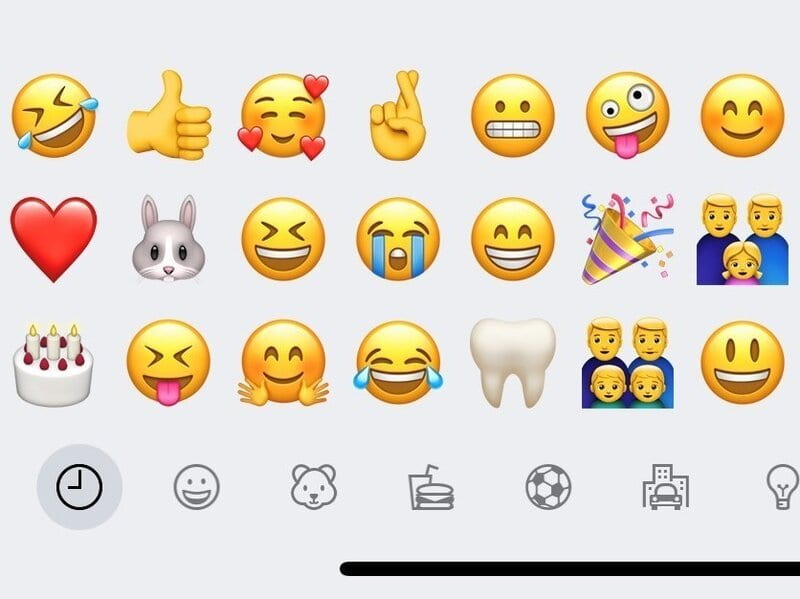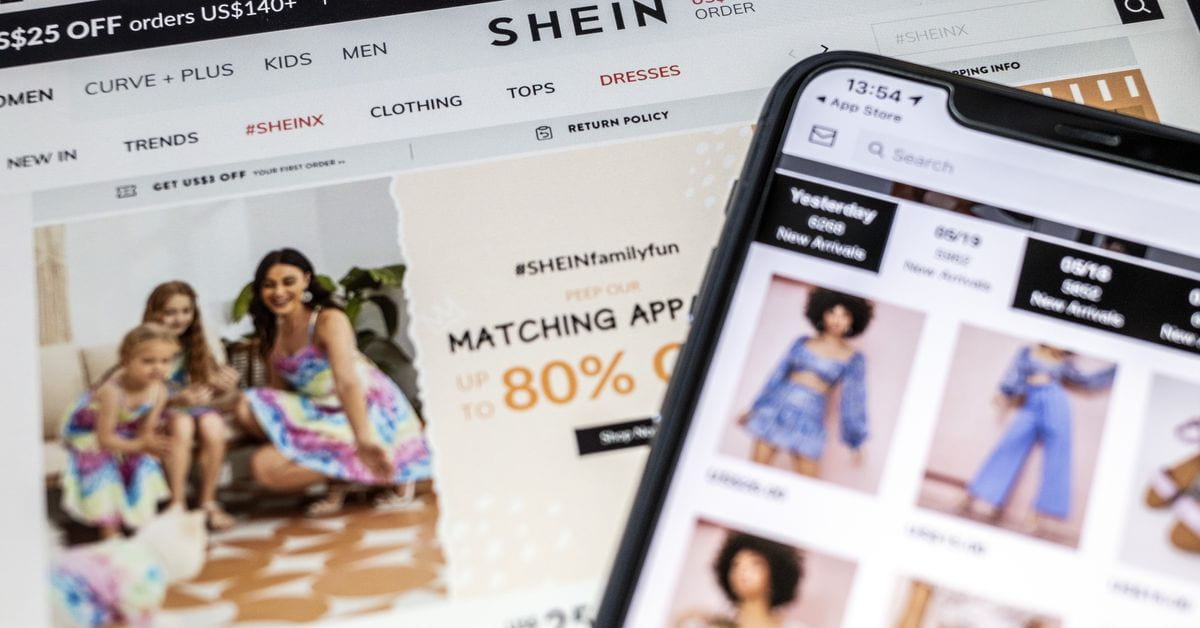networking
A People’s History of Black Twitter, Part II
No longer just an online movement, Black Twitter takes to the streets—and finds its voice.
Uffizi Is Suing Pornhub After It Turns Masterpieces Into Live Porn
The company’s “Show Me the Nudes” initiative turns classic paintings from international museums into live pornography.
Source: Uffizi Is Suing Pornhub After It Turns Masterpieces Into Live Porn
Want to go viral? Influencers won’t be much help if you’re trying to spread a complex idea
Research from the University of Pennsylvania finds that new and provocative ideas emerge at the edge of networks, from people with fewer contacts and little obvious pull. Marketing and public relations gospel has long banked on the idea that simply reaching the well-connected people at the centers of social networks will create success.
Source: Want to go viral? Influencers won’t be much help if you’re trying to spread a complex idea
Zoom launches Live Game Night Poker with FlowPlay
Your Zoom meetings could get more fun as FlowPlay launches the free Live Game Night Poker on the Zoom platform.
A Framework for the Metaverse — Matthew Ball
We need to think of the Metaverse as a sort of successor state to the mobile internet. And while consumers will have core devices and platforms through which they interact with the Metaverse, the Metaverse depends on so much more. There’s a reason we don’t say Facebook or Google is an internet. They are destinations and ecosystems on or in the internet, each accessible via a browser or smartphone that can also access the vast rest of the internet. Similarly, Fortnite and Roblox feel like the Metaverse because they embody so many technologies and trends into a single experience that, like the iPhone, is tangible and feels different from everything that came before. But they do not constitute the Metaverse.
Instagram ‘pushes weight-loss messages to teenagers’
Researchers find minimal interactions by teen users can trigger a deluge of thin-body and dieting images Instagram’s algorithms are pushing teenage girls who even briefly engage with fitness-related images towards a flood of weight-loss content, according to new research which aimed to recreate the experience of being a child on social networks.
Source: Instagram ‘pushes weight-loss messages to teenagers’
As the delta variant spreads, vaccine conspiracy groups on Facebook have doubled
One conspiracy warns that you can catch harmful effects from the shot from a vaccinated person—but that drinking white pine needle tea can guard against it. President Biden explicitly told reporters last week that Facebook was “killing people ,” later clarifying that he hoped his comment would drive the tech company to take action against COVID-19 vaccine misinformation teeming on its website.
Source: As the delta variant spreads, vaccine conspiracy groups on Facebook have doubled
The American Booksellers Association promoted an anti-trans book, apologized, and then deleted it.
The American Booksellers Association has made their Twitter account private after promoting a scientifically inaccurate anti-trans book, apologizing, and then deleting the apology. The controversy started when the ABA, as part of their July “white box” promotional mailing, sent 750 bookstores a copy of freelance journalist Abigail Shrier’s Irreversible Damage: The Transgender Craze Seducing Our Daughters , whose cover features a doleful-looking girl with a big hole cut out of her center.
Source: The American Booksellers Association promoted an anti-trans book, apologized, and then deleted it.
Inside ‘reality shifting,’ the trend where TikTokers claim they can enter the world of Harry Potter
For most Harry Potter fans, the only way to stroll through Diagon Alley is to visit the reproduction in Orlando’s The Wizarding World of Harry Potter Theme Park. Kristin Dattoo wouldn’t need to make the trip from her native Ontario, however. Instead, the 19-year-old would just shift her consciousness.
Source: Inside ‘reality shifting,’ the trend where TikTokers claim they can enter the world of Harry Potter
Facebook advertisers are panicking after iOS cuts off key tracking data
Enlarge Facebook’s ability to track users and show them certain ads appears to be tanking thanks to Apple’s “ask not to track” feature, according to some advertisers. Apple rolled out the privacy prompt in late April with iOS 14.5. Since then, nearly half of all iOS devices worldwide have at least version 14.5 installed, according to Statcounter , and a vast majority of these devices’ users have chosen to deny Facebook and other apps the ability to track them.
Source: Facebook advertisers are panicking after iOS cuts off key tracking data
What the “Creator Economy” Promises—and What It Actually Does
The influencer is a fading stock character of the Internet’s commedia dell’arte. Often a conventionally attractive white woman, she shows off her aspirational life style via social-media channels. She accrues a large following, and then makes a living by getting companies to sponsor the content of her glamorous life.
Source: What the “Creator Economy” Promises—and What It Actually Does
‘Welcome to the Mesh, Brother’: Guerrilla Wi-Fi Comes to New York
NYC Mesh, a band of a few dozen tech volunteers, takes on Verizon and the big “incumbent providers,” with the promise of inexpensive community internet.
Source: ‘Welcome to the Mesh, Brother’: Guerrilla Wi-Fi Comes to New York
A People’s History of Black Twitter, Part I
From #UKnowUrBlackWhen to #BlackLivesMatter, how a loose online network became a pop culture juggernaut, an engine of social justice, and a lens into the future.
Emoji Use At Work? Survey Says — Thumbs Up!
If you’ve ever hesitated to add a smiley face or a thumbs-up to an email, a new survey from Adobe may put you at ease. The software company, which conducts regular surveys on emoji use, found that the whimsical icons can make people feel more connected and more receptive to new tasks. They allow people to quickly share ideas. They make group decisions more efficient and can even reduce the need for meetings and calls.
Neurocracy is future fiction in the form of Wikipedia
How Half-Life and Deus Ex laid the foundation for a Wikipedia-style murder mystery game In 2048, Wikipedia doesn’t exist. Without enough donations and too many copyright claims, it has to shut down. In 2049, a new substitute rises: Omnipedia, built in the spirit of its predecessor as a free encyclopedia for all.
Source: Neurocracy is future fiction in the form of Wikipedia
Shein is the future of fast fashion. Is that a good thing?
The Chinese retailer is fast becoming Gen Z’s favorite fashion company, for its low prices and savvy social media use.
Source: Shein is the future of fast fashion. Is that a good thing?
Outrage Spreads Faster on Twitter: Evidence from 44 News Outlets
Negativity spreads faster than positivity online, and news organizations at both ends of the political spectrum are leveraging this tendency on Twitter, according to a new study.
Source: Outrage Spreads Faster on Twitter: Evidence from 44 News Outlets
See also: Surprise, surprise: Dunking on your enemies boosts social media engagement
How TikTok’s hate speech detection tool set off a debate about racial bias on the app
Some Black creators are frustrated with how the app seemingly flagged phrases about Black people as inappropriate, which the company says was an error in its hate speech detection system. TikTok says it’s fixing an error that caused its algorithms to flag BLM content.
Source: How TikTok’s hate speech detection tool set off a debate about racial bias on the app
From K-Pop stan to keyboard warrior: Meet the activists battling Myanmar’s military junta
A group of young Burmese are braving blackouts and crackdowns to make sure the world stays focused on what’s happening in their country.
Source: From K-Pop stan to keyboard warrior: Meet the activists battling Myanmar’s military junta
The Data Economy Is a Barter Economy
What is the best way for businesses to use data in a way that feels ethical to consumers and does not spark a regulatory backlash? This question is sparking endless angst in today’s C-suites. All manner of policy responses have been suggested, but one simple and important place to start is to change the way we talk about it. Borrowing an idea from cultural anthropology and describing this exchange as “barter” will clarify the minds of regulators and investors to focus on the scale and nature of long-concealed exchanges that now lie at the heart of the tech world, and how to create a more acceptable framework that protects consumers




